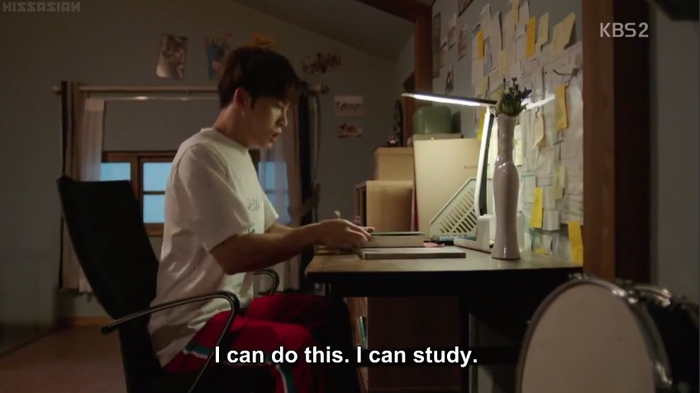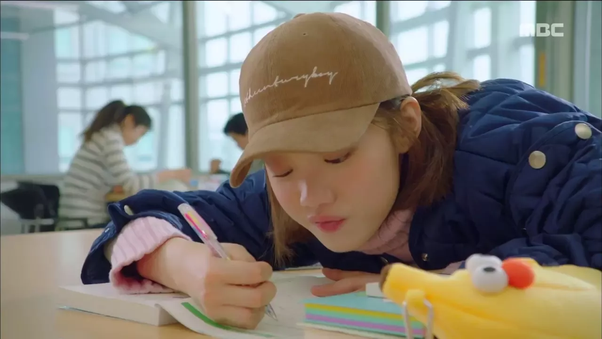
It is known that slang words that came from social media or the internet language most specially among the younger generation (10 years up to 20 years of age) are considered a big deal in the Korean culture. And if you're in the process of learning the Korean language through formal means like for example, textbooks or through foreign language classes, you may able to discover a big difference between the words you learn from the formal ones than what is being used among your close friends.
Do you know what sets apart the Korean words that you usually hear in you favorite Korean dramas like unni, oppa, hyung, and noona? If you're one of the avid Korean drama fans, then most probably you have picked up some bits of words while binge-watching your favorite drama that you could already be able to carry a small Korean conversation.
The best part about learning the Korean language while watching the drama is that many of the words they speak are repetitive that makes it easier for us the audience to understand the meaning of each word. And what's best is that you don't have to be worried or afraid of the awkwardness when you speak in an overly polite manner when you text or communicate with your friends.
Here, we listed a few phrases of Korean slang words that are common among social media universe as well as in the Korean drama world. Master these slang words and your Korean friends will be impressed and the next time you watch a K-series, the subtitles are already disabled.
"Unni / Oppa / Noona / Hyung"
Okay, so let's get this started.
When we say "unni", it is what a female calls an older girl, while "oppa" is what a girl calls a male senior to her.
A younger male addresses an older female "noona" and "hyung" is what a male calls his senior male.

"Gajima"
The suitable word when you want to say, "don't go" or "don't leave."
"Saranghae"
It is possibly the most common and most famous word known by all K-drama addicts; "saranghae" means the important word "I love you."

"Jo-ahae"
If "I love you" seems a bit fast, you can always use the word "Jo-ahae," meaing "I like you."
"Gwaenchana"
Ask your partner if they're alright by asking them, "Gwaenchana?" It literally translates to, "Are you okay?"
"Mi-ahn-hae"
"Mi-ahn-hae" or "I'm sorry" is very useful for those times when you made a mistake or did wrong.
"Dae-bak"
This slang word is often used for amazing situations. Like that feeling when something really incredible happened to you. Just say the words "daebak," which means "awesome," or "cool."
"Aigo"
You say "aigo" while sighing in Korean. It's like "geez" or" "oh my" or when one wants to sigh but justs couldn't.
"Hwaiting!"
This is a Korean word if you want to express your support or encouragement. It derives from the borrowing of the English word "Fighting!"
"Aja aja!"
"Come on!" or "Let's go!"
"Hwaiting!" is often accompanied by the word "Aja!"
So, if it's still not enough, you can try learning some Korean words with the help of BTS, who recently launched a an online series "Learn Korean with BTS" to help international fans teach themselves Korean so they can communicate with them much better, or you can watch more Korean shows to learn further.









